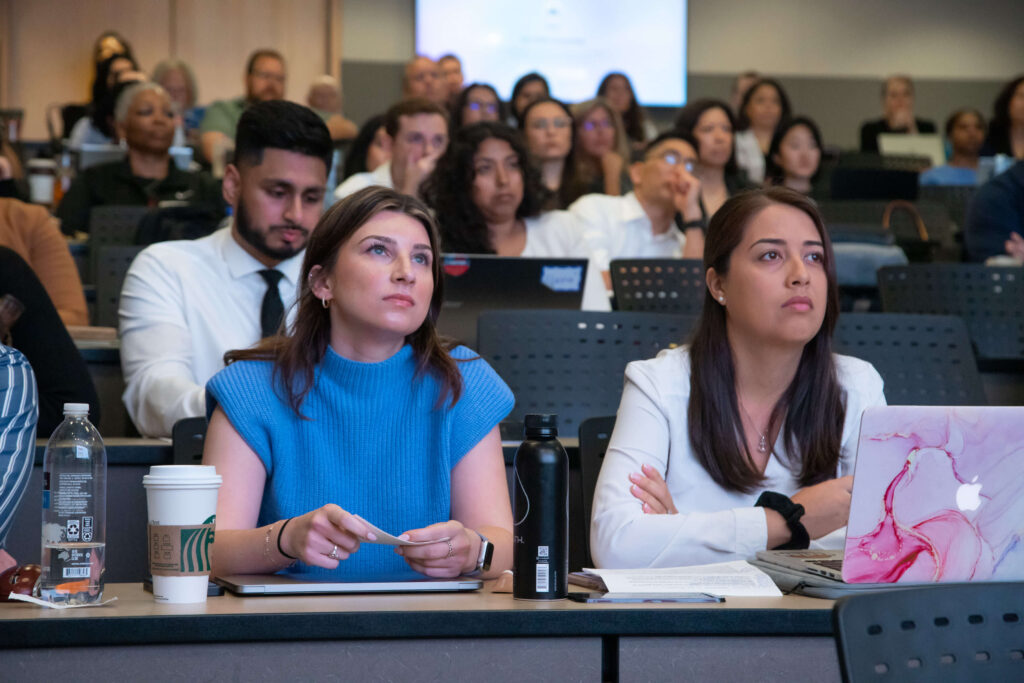USC Graduate School 11/27/23 The university agreed to a tentative contract with the union representing graduate student workers after bargaining sessions that …

USC Graduate School
USC deeply values the contributions that graduate students make to its research and teaching missions, and we are proud to provide firsthand experiences that serve as excellent preparation for a range of career outcomes. The University remains steadfast in its commitment to support, mentor and prepare graduate students for future success.
Our commitment to our students carries over into our negotiations with the Graduate Student Workers Organizing Committee – United Auto Workers (GSWOC-UAW). We encourage all graduate students to use this site to learn as much as they can about the topics under negotiation and the facts behind the proposals.
Negotiations Updates

Bargaining Update - October 18, 2023
USC Proposal Offers Some of the Most Competitive Stipends in the Nation in 15th Negotiation Session
Important Dates
-
November 26
Tentative Contract Reached
-
December 1
Classes End
-
December 2-5
Study Days
-
December 4-6
Contract Voting Period
-
December 6-13
Exams
Contract Checklist
See what topics have been settled and what USC has proposed.
Lorem ipsum
Lorem ipsum dolor sit amet, consectetur adipiscing elit. Ut elit tellus,
Lorem ipsum
Lorem ipsum dolor sit amet, consectetur adipiscing elit. Ut elit tellus,
Lorem ipsum
Lorem ipsum dolor sit amet, consectetur adipiscing elit. Ut elit tellus,
Lorem ipsum
Lorem ipsum dolor sit amet, consectetur adipiscing elit. Ut elit tellus,




